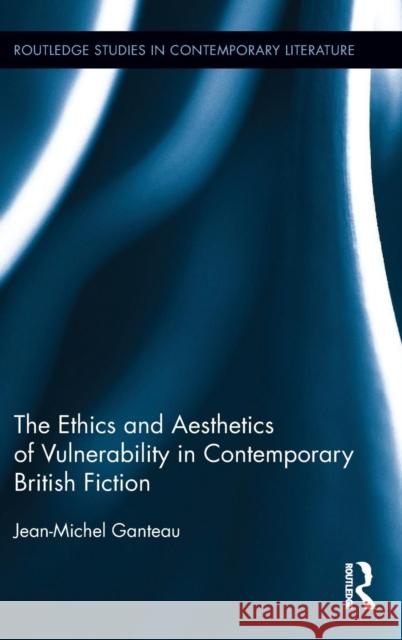The Ethics and Aesthetics of Vulnerability in Contemporary British Fiction » książka
The Ethics and Aesthetics of Vulnerability in Contemporary British Fiction
ISBN-13: 9781138903722 / Angielski / Twarda / 2015 / 179 str.
The Ethics and Aesthetics of Vulnerability in Contemporary British Fiction
ISBN-13: 9781138903722 / Angielski / Twarda / 2015 / 179 str.
(netto: 769,64 VAT: 5%)
Najniższa cena z 30 dni: 705,23
ok. 16-18 dni roboczych.
Darmowa dostawa!
This book visits vulnerability in contemporary British fiction, considering vulnerability in its relation to poetics, politics, ethics, and trauma. Vulnerability and risk have become central issues in contemporary culture, and artistic productions have increasingly made it their responsibility to evoke various types of vulnerabilities, from individual fragilities to economic and political forms of precariousness and dispossession. Informed by trauma studies and the ethics of literature, this book addresses such issues by focusing on the literary evocations of vulnerability and analyzing various aspects of vulnerable form as represented and performed in British narratives, from contemporary classics by Peter Ackroyd, Pat Barker, Anne Enright, Ian McEwan, and Jeanette Winterson, to less canonical texts by Nina Allan, Jon McGregor, and N. Royle. Chapters on romance, elegy, the ghost story, and the state-of-the-nation novel draw on a variety of theoretical approaches from the fields of trauma studies, affect theory, the ethics of alterity, the ethics of care, and the ethics of vulnerability, among others. Showcasing how the contemporary novel is the privileged site of the expression and performance of vulnerability and vulnerable form, the volume broaches a poetics of vulnerability based on categories such as testimony, loss, unknowing, temporal disarray, and performance. On top of providing a book-length evocation of contemporary fictions of vulnerability and vulnerable form, this volume contributes significantly to considerations of the importance of Trauma Studies to Contemporary Literature.











